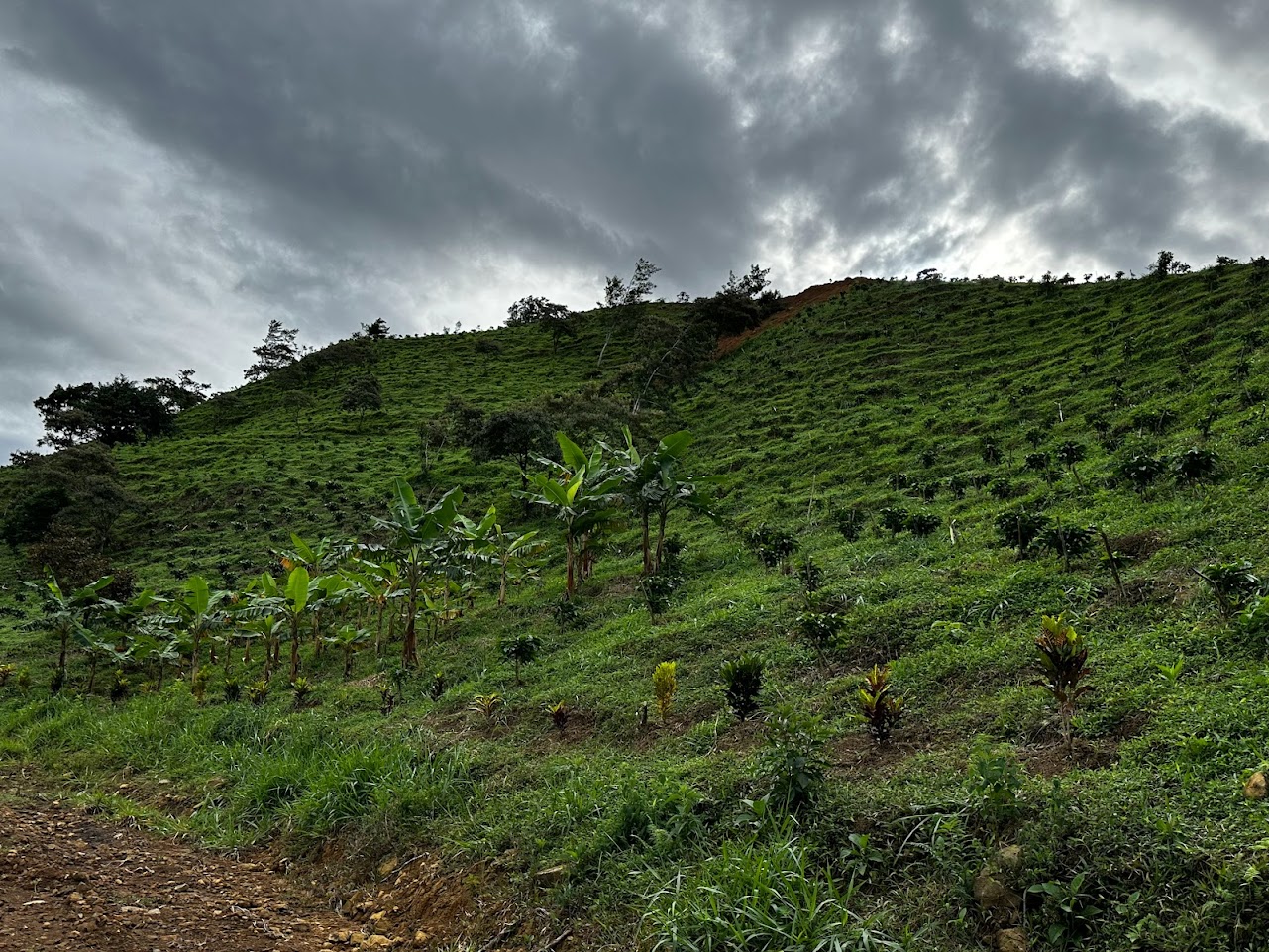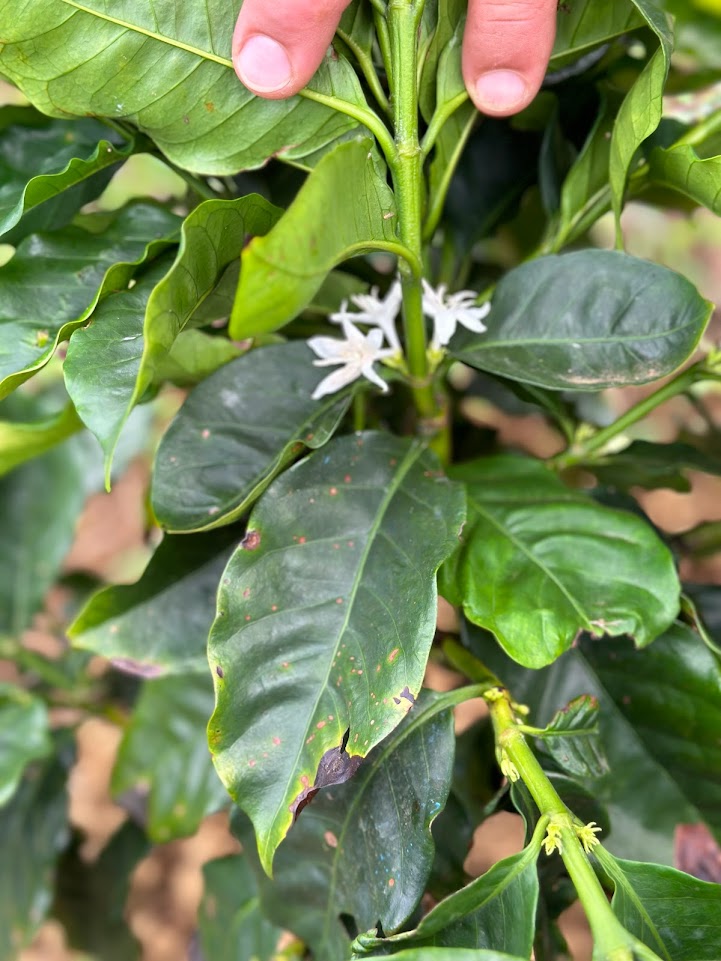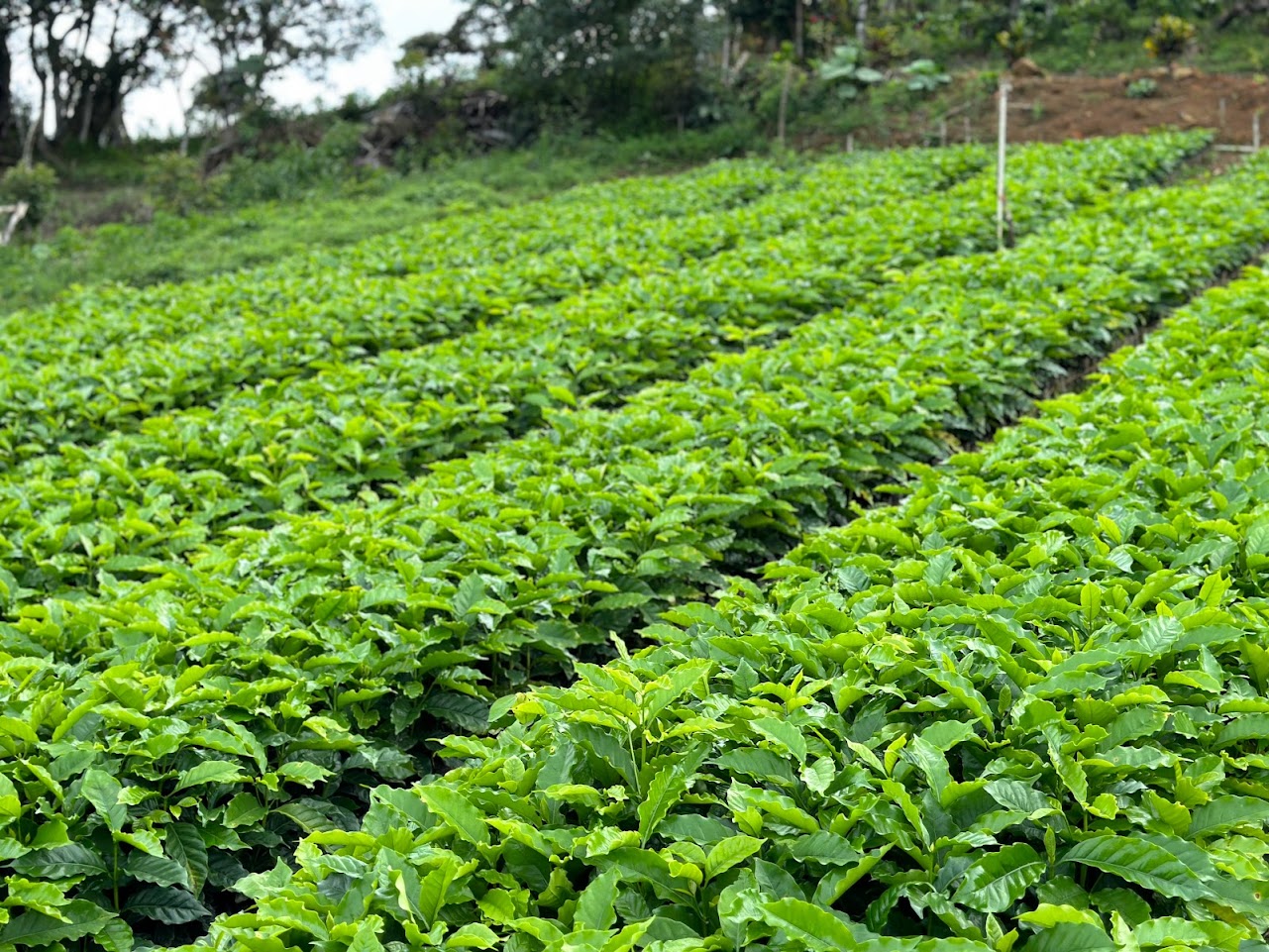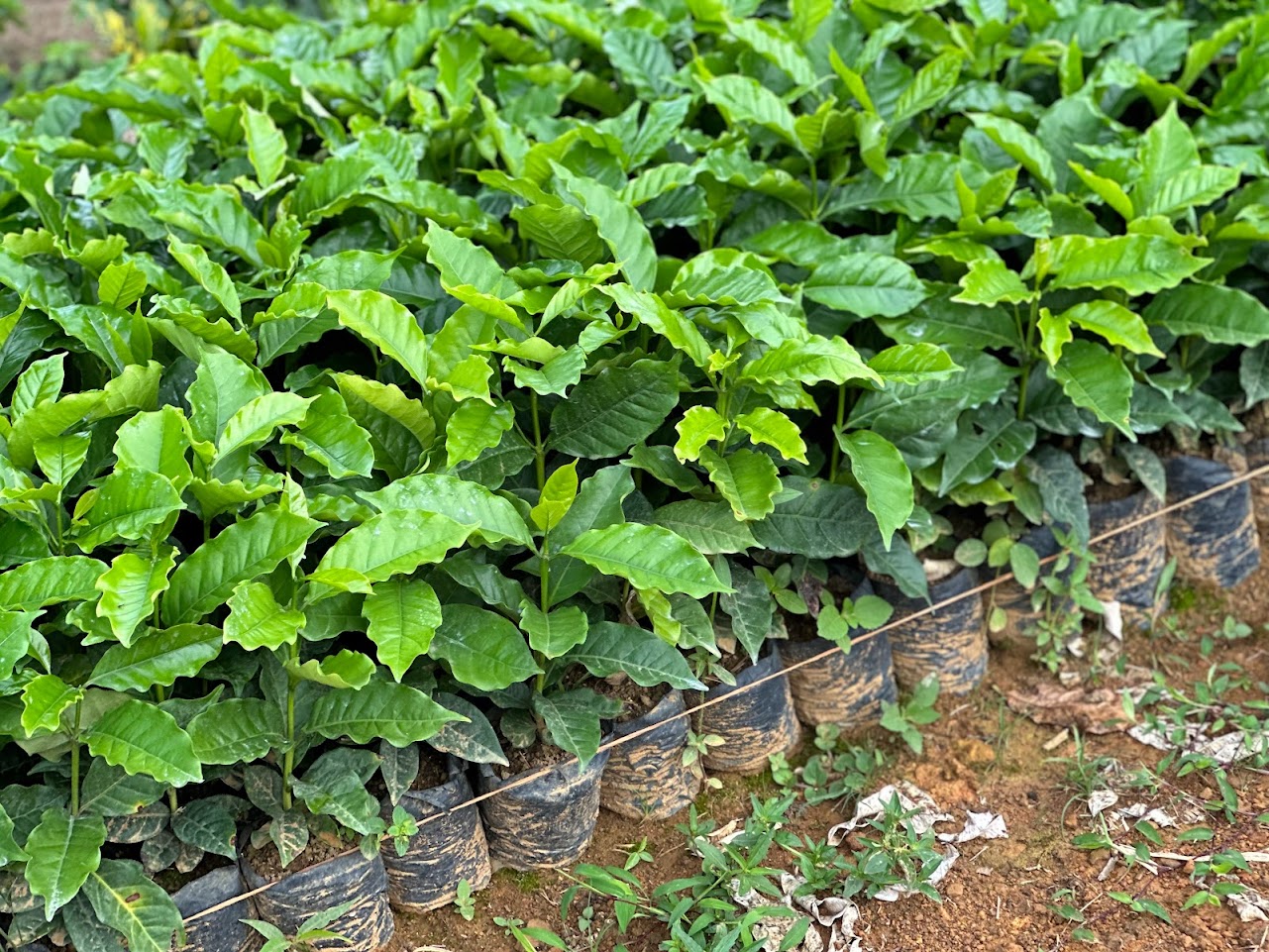
Coffee, often referred to as the “black gold,” is one of the world’s most valuable and widely consumed commodities. Its significance transcends borders, cultures, and centuries. In this article, we will explore the key role coffee plays as a commodity and delve into the significance of Arabica coffee, one of the most renowned coffee varieties.
Coffee is an agricultural commodity derived from the roasted seeds of the Coffea plant. It is cultivated in over 70 countries worldwide, primarily in the “Coffee Belt,” a region that stretches around the equator. The global coffee industry encompasses various stages, including cultivation, harvesting, processing, roasting, and consumption.
Coffee holds immense economic importance. It is a major source of income for millions of farmers and a key export commodity for many coffee-producing countries. The coffee industry creates employment opportunities, drives economic growth, and contributes significantly to foreign exchange earnings. Moreover, coffee has become an integral part of global trade, with its value reaching billions of dollars annually.
Arabica coffee, scientifically known as Coffea arabica, is widely regarded as the superior coffee variety in terms of taste, aroma, and complexity. It accounts for approximately 60% of the world’s total coffee production and is highly sought after by coffee connoisseurs and specialty coffee enthusiasts. The significance of Arabica coffee can be examined from various angles:
- History and Origins: Arabica coffee has a rich history that dates back centuries. It is believed to have originated in the highlands of Ethiopia, specifically the region known as Kaffa. The Arabica species spread from Ethiopia to the Arabian Peninsula and eventually reached Europe, where it became popular during the 17th century. Today, Arabica coffee is grown in numerous countries across Latin America, Africa, and Asia, with each region contributing unique flavor profiles and characteristics.
- Flavor Profile and Sensory Experience: Arabica coffee is renowned for its delicate and nuanced flavors, making it highly prized among coffee enthusiasts. It offers a wide range of flavor notes, including fruity, floral, chocolatey, and nutty profiles. The complex flavors arise from the interaction of various factors such as the coffee’s origin, altitude, soil composition, and processing methods. Arabica coffee often exhibits a balanced acidity, a desirable attribute that adds vibrancy and liveliness to the cup.
- Caffeine Content: Compared to other coffee varieties, Arabica beans generally have lower caffeine content. This makes Arabica coffee a preferred choice for individuals who seek a milder and less stimulating coffee experience. The lower caffeine levels in Arabica coffee can contribute to a smoother and more enjoyable drinking experience, especially for those sensitive to the effects of caffeine.
- Specialty Coffee and Third Wave Movement: The rise of specialty coffee and the third wave coffee movement has further highlighted the significance of Arabica coffee. Specialty coffee focuses on the production of high-quality coffee, emphasizing factors such as bean quality, sustainability, and direct trade relationships. Arabica coffee, with its superior flavor profiles, has become synonymous with specialty coffee. This movement has revolutionized the way coffee is perceived, consumed, and traded, creating a demand for unique and meticulously sourced Arabica beans.
- Sustainable and Ethical Production: Arabica coffee production often aligns with sustainable and ethical practices. Many coffee farmers and producers strive to implement environmentally friendly cultivation methods, such as shade-grown coffee, which promotes biodiversity and protects natural habitats. Additionally, fair trade initiatives and direct trade relationships are common in the Arabica coffee supply chain, ensuring that farmers receive fair compensation for their efforts and enabling greater social and economic development within coffee-producing communities.
- Market Demand and Price Premium: Arabica coffee commands a price premium in the market due to its superior quality and flavor characteristics. The demand for Arabica coffee is driven by both consumer preferences for a refined coffee experience and the specialty coffee sector’s growing influence. Arabica beans often fetch higher prices compared to Robusta beans, another major coffee variety, due to their unique qualities and market demand.
- Environmental Adaptability and Genetic Diversity: Arabica coffee exhibits a remarkable degree of genetic diversity, allowing it to adapt to different climates, altitudes, and growing conditions. This versatility has contributed to its wide distribution across coffee-producing regions worldwide. Arabica plants can thrive in various ecosystems, ranging from high-altitude mountains to tropical rainforests, which has facilitated the expansion of coffee cultivation to diverse geographical areas.
- Research and Genetic Improvement: The significance of Arabica coffee is further highlighted by ongoing research and genetic improvement efforts. Scientists and coffee breeders continually explore ways to enhance the traits of Arabica coffee plants, such as disease resistance, yield potential, and cup quality. These endeavors aim to ensure the long-term sustainability and resilience of Arabica coffee production in the face of challenges like climate change and coffee diseases.
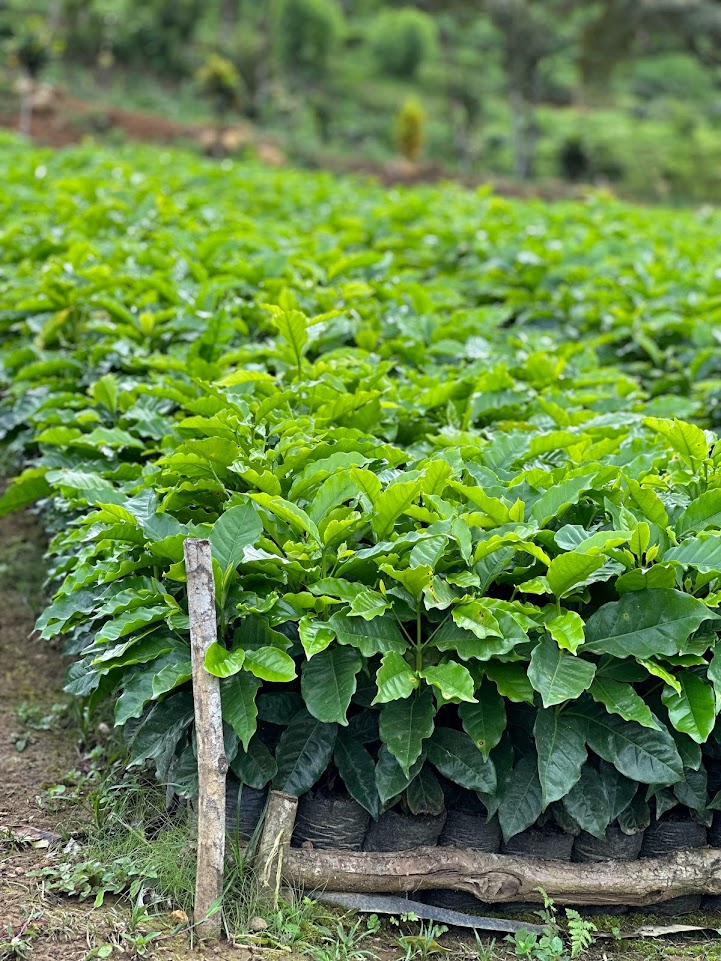
Coffee, as a key commodity, holds immense economic and cultural significance globally. Arabica coffee, with its rich history, superior flavor profiles, and market demand, plays a prominent role in the coffee industry. Its delicate flavors, lower caffeine content, sustainability practices, and genetic diversity contribute to its desirability and market value. Arabica coffee embodies the art and science of coffee production, delighting coffee lovers worldwide and driving the growth of the specialty coffee sector.


